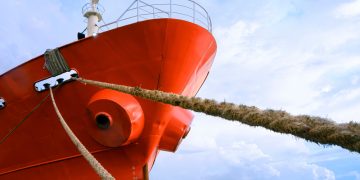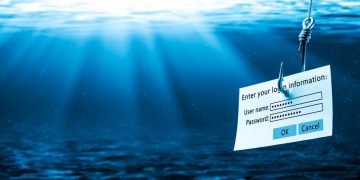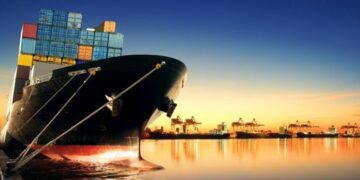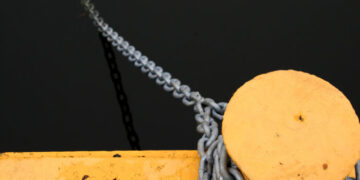The European Parliament endorsed a Directive for Maritime Spatial Planning which should help Member States develop plans to better coordinate the various activities that take place at sea, ensuring they are as efficient and sustainable as possible. In coastal and maritime areas, many activities compete for the same space and resources: fishing grounds, aquaculture farms, marine protected areas exist alongside maritime infrastructures such as cables, pipelines, shipping lanes and oil, gas and wind installations. The new Directive will help avoid potential conflicts between such diverse uses and create a stable environment attractive to investors, thereby contributing to sustainable growth. With rapidly increasing demand for maritime space for new activities, from renewable energy to aquaculture installations, better and coherent planning of maritime activities at sea is indeed needed. The Directive sets minimum requirements for the drawing up of national maritime spatial plans. These plans will identify all existing human activities, taking into account land-sea interactions, and the most effective way of managing them. As many of the activities run across national borders, the Directive will help Member States co-operate better. European Commissioner for Maritime Affairs and Fisheries Maria Damanaki and Environment Commissioner Janez Potočnik said: "Today's vote in the European Parliament ...
Read more



























































